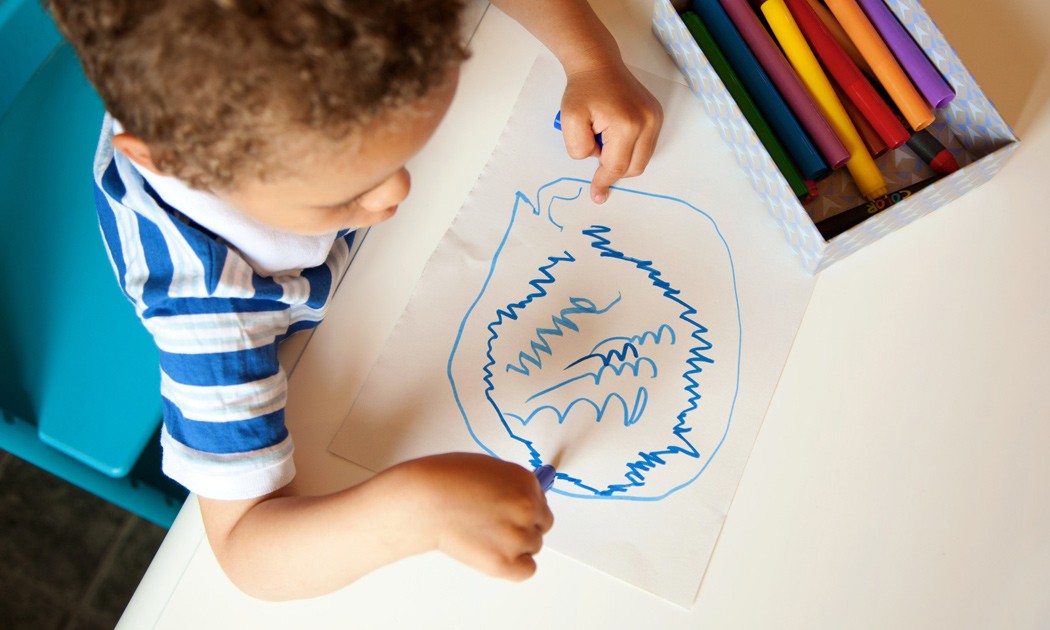Whilst using praise effectively has endless benefits to the child, we need to be aware that there are also a few pitfalls we must avoid:
COMBINING PRAISE WITH CRITICISM
Often, particularly when it has taken several attempts to get a child to do what we have asked, we can’t resist the opportunity to have a final ‘dig’ and so we combine praise with criticism, e.g. “Thank you for lining up, Billy. Maybe next time you can come the first time I ask!” And at home “Well done for tidying your room, Sophie. If you had done it sooner, it wouldn’t have taken you so long!”
Following praise with criticism negates the positive effects of praise, discourages the child from repeating the behaviour and leaves the child feeling deflated. Are they being praised or criticised?
Next time, just say the praise and keep the extra dig to yourself!
NOT BEING SINCERE WITH PRAISE
Sometimes, because we are busy doing other things, our praise may lack enthusiasm and therefore appear insincere, losing its effectiveness. As a teacher marking books during break, if a child comes up to you and says “Look at the swimming certificate I got at the weekend”, it is easy to just carry on marking and, without looking up say, “That’s great, well done!” At home, if you are busy reading a letter and your child comes and says “Look at the picture I did at school today!” you might just carry on reading and say, “That’s lovely.” This kind of a response shows you’re not really interested and can leave a child feeling dejected and unworthy of your attention. When giving praise, make sure you make it genuine; look at the child (and whatever they’re showing you, where appropriate), smile and be enthusiastic – in other words be interested. If you really can’t stop what you’re doing at that moment, tell them. Say something like “I just need to finish this but I really want to see the certificate/picture, so if you can wait just a minute/come back in five minutes, I’ll be able to look at it properly.”
SAVING PRAISE FOR PERFECTION
Often parents and teachers will say something like, “I save my praise for when they have done something really worth praising.” They believe that this encourages a child to strive for the best. In fact, the opposite can be true. People seldom reach perfection without many smaller accomplishments along the way. Our not noticing those smaller achievements may cause a child to give up and the opportunity to praise may never come. For example, when a teacher waits for a child who struggles with their spellings to get full marks in their test, they may be waiting for ever. However, if they praise their improvement each week, the child will feel encouraged and be much more likely to be successful.
At home, when a child is learning how to make their own bed, they are unlikely to do a perfect job; praising their efforts is more likely to encourage them to keep doing it and eventually, they’ll get it right.
Praising the process of trying to achieve something, rather than the end result, encourages the child to keep trying. It also helps develops a “Growth Mindset”, which we will talk about next time.
Leave Your Reply
You must be logged in to post a comment.



